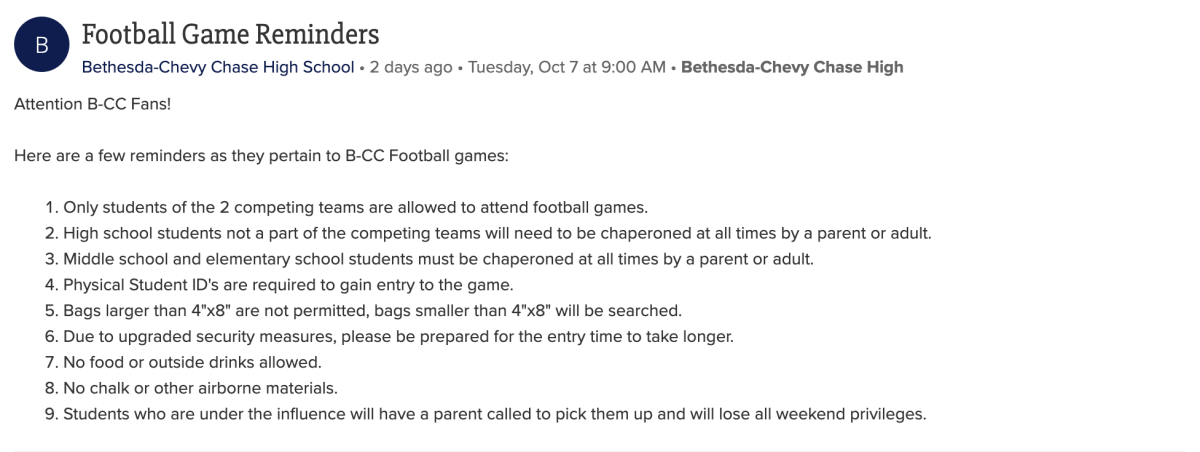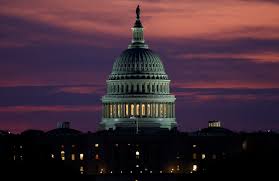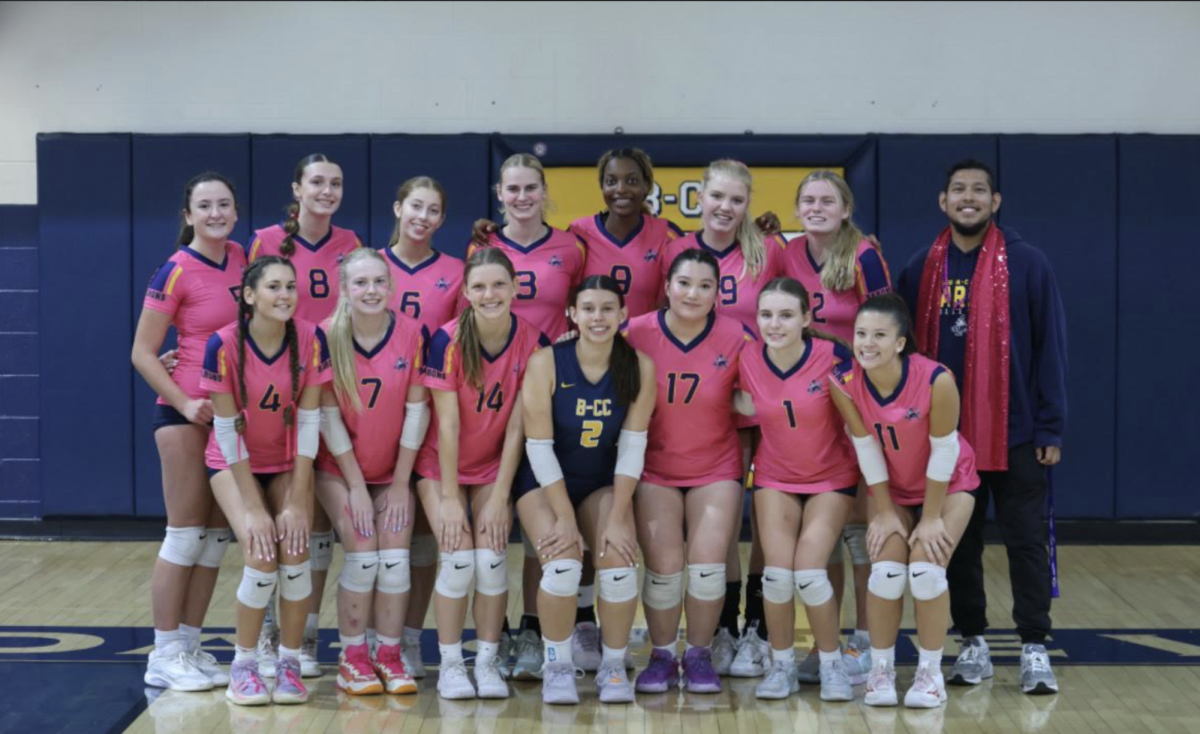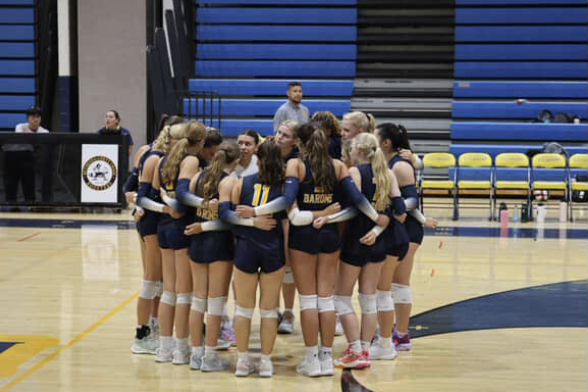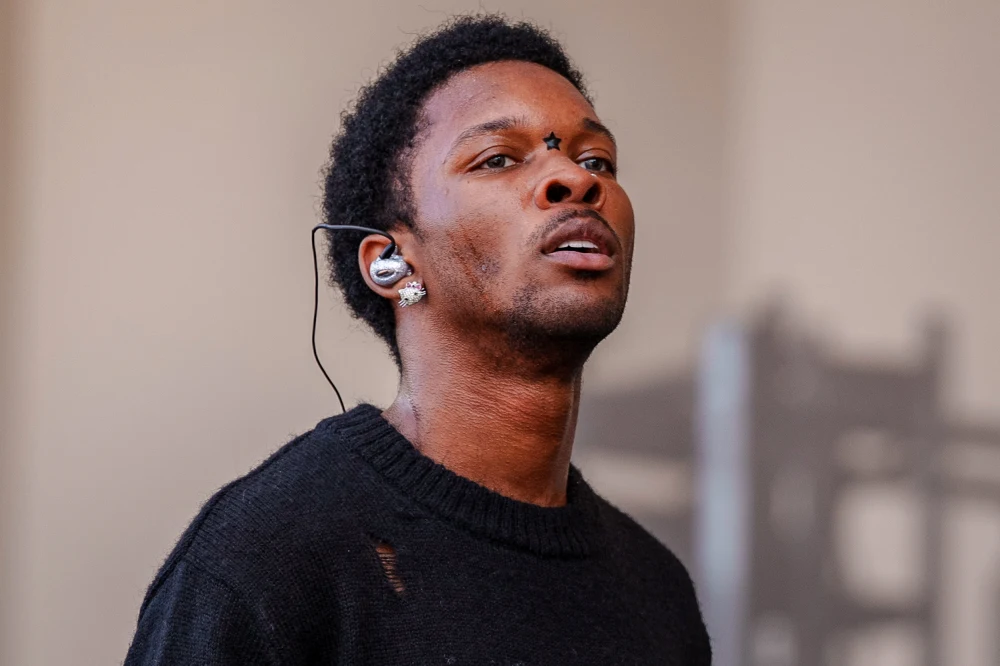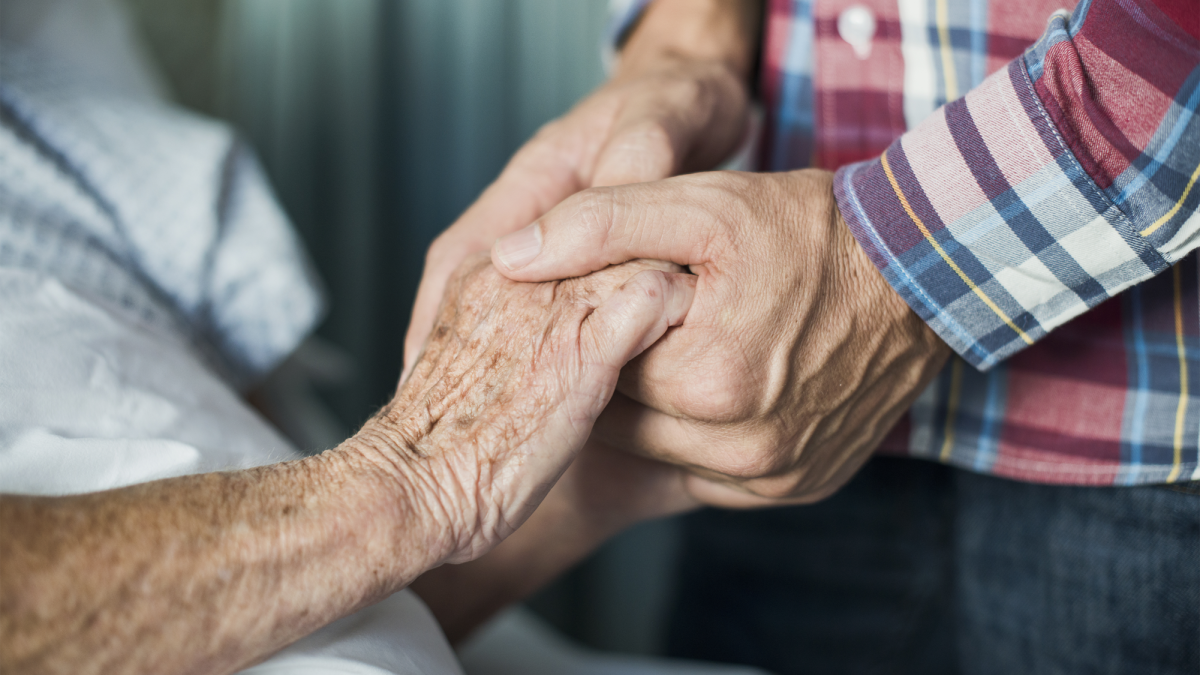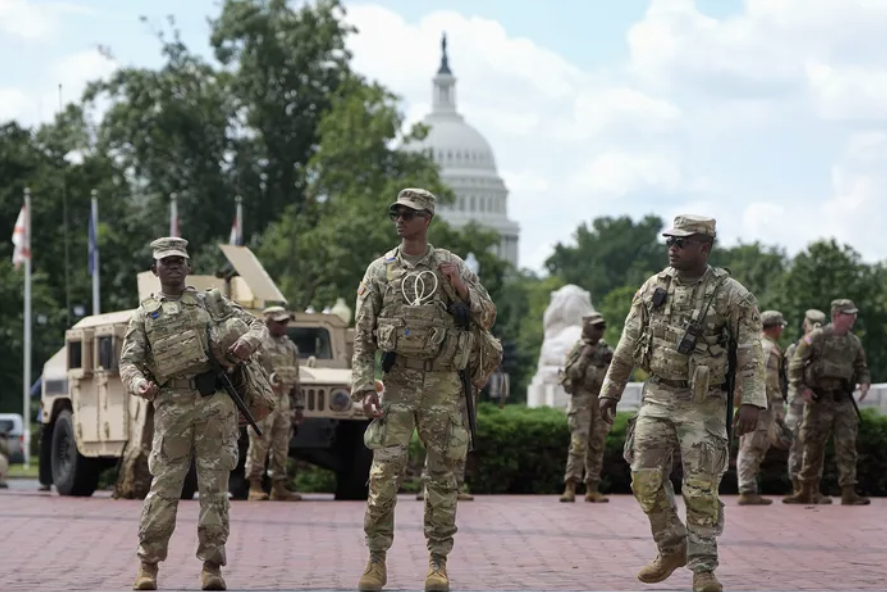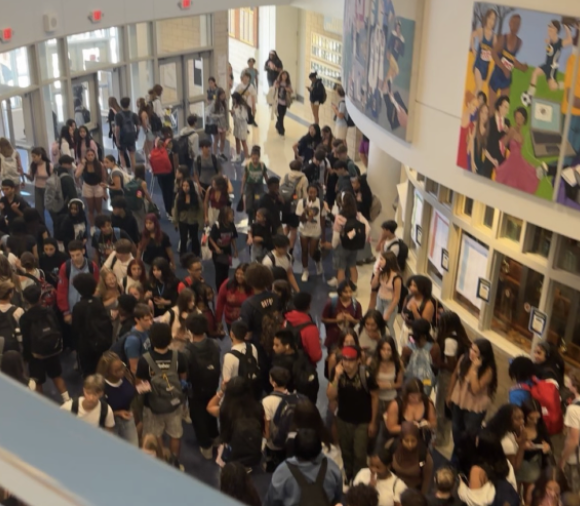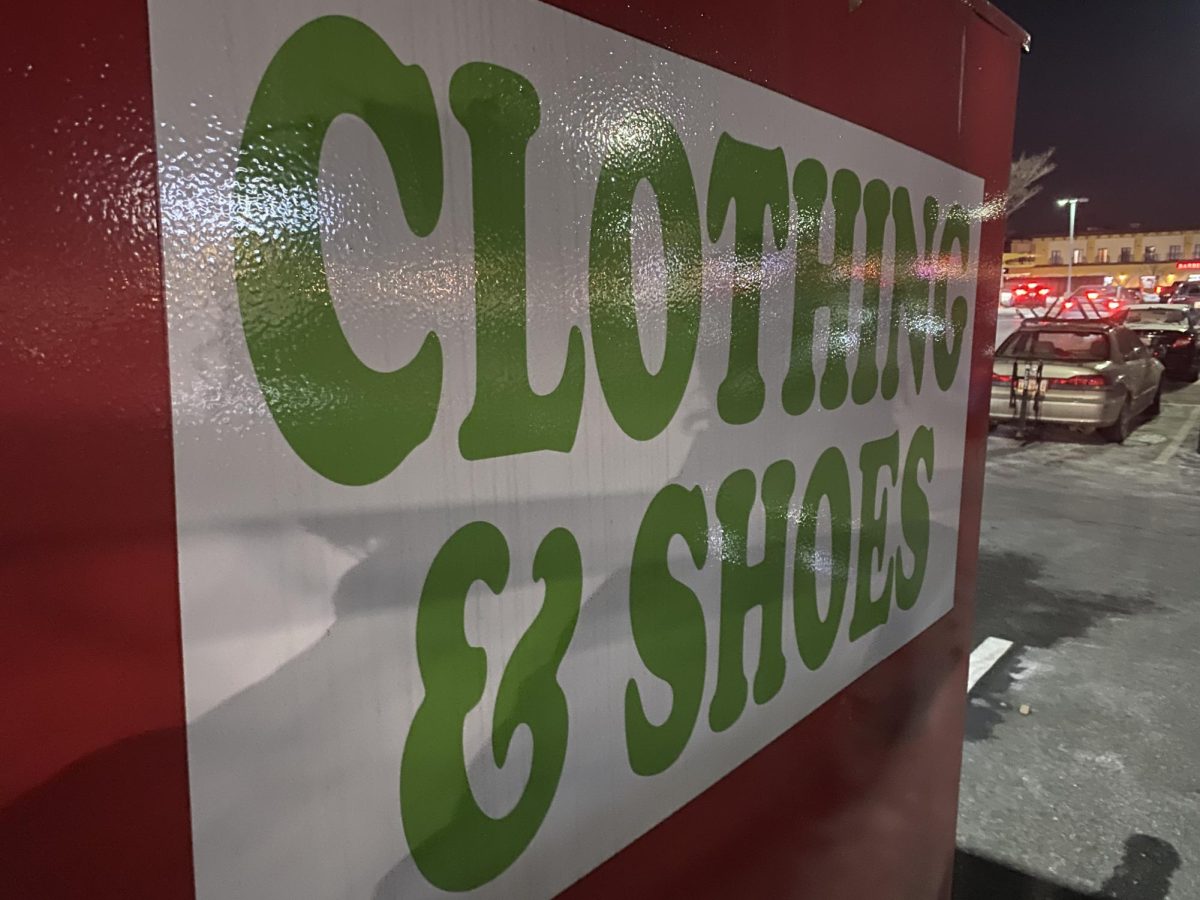Debates over whether to release the Epstein files are insulting by their very nature; we cannot entertain nor legitimize the idea of protecting those who have endangered young women. By not releasing the files, we allow the voices of women to go unheard and become complacent with sexual violence against women.
This is especially detrimental for young women and girls, many of whom have experienced sexual violence or harassment in their lives. According to UNICEF data, “370 million girls and women alive today–or 1 in 8–experience rape or sexual assault before the age of 18.” Some have speculated that hundreds of women, out of over 1,000, were underage when taken to Epstein Island, although an exact number has not been confirmed. Many young girls may see reflections of themselves in the victims who have spoken out about their trauma at Epstein Island, whether they have experienced the violence or know someone who has. A junior, Olivia Martin says, “I do think that the Epstein files not being released has a negative impact on young women because they [young women] see a bunch of older women who have experienced sexual assault whose stories are being buried and not shared,” No matter how common sexual violence has become, it is not insignificant and cannot be overlooked. By ignoring the victims of Epstein Island, the government allows these tragedies to continue and sends an apathetic message to young girls everywhere.
In an interview with NBC News, Jena-Lisa Jones, a victim, shared her experience of Epstein at 14 years old: “There were many, many adults around [Epstein’s] properties that may not have participated but very clearly knew what was going on…And they’re not saying anything, and why are they still not saying anything and speaking up on our behalf?” By not releasing the files, the government participates in the same neglectful behavior as those who refused to speak up while it was happening. It can also create a false perception that women should not bother to speak out about their experiences, because even when they do, justice is not served—or worse, they face repercussions instead of the perpetrator. Aava Laakso, a junior, said, “I think it’s a terrible example to set for young girls, because they have to live in fear of not being safe and not getting justice for getting sexually assaulted.”
With many of the alleged offenders being influential male members of government, it leads many to question whether they will ever be held accountable or if their high position in society will allow them to escape liability. Refraining from releasing the files sets a precedent that power can offset even the worst transgressions. Laakso also said, “I think it’s absolutely disgusting how we are protecting these people simply because they are government officials, and I think it just goes to show that if you’re powerful enough, you can do these horrible crimes and get away with them.” Her voice echoes a growing public concern that justice is no longer guaranteed, but instead a privilege reserved for those in power.
This argument is not just about exposing names; it’s about sending a message to young women and proving that acts of sexual violence must not be minimized and brushed aside. The Epstein files should be released, not only for the sake of the victims, but for women all over the world, who need to know that their voice is heard.



